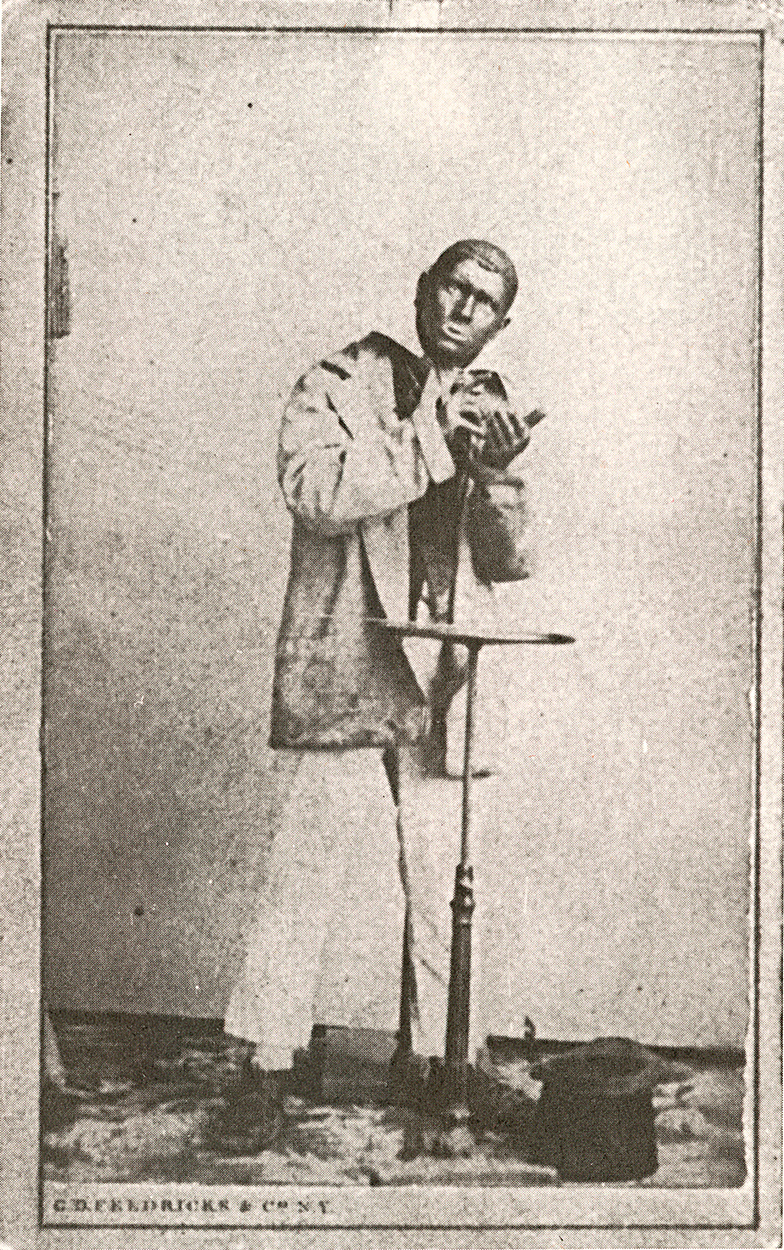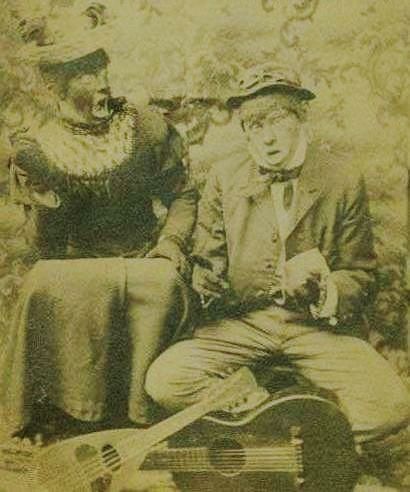Here's Why People Are Furious About This Makeup "Transformation"

By:
After receiving huge backlash on social media, a makeup artist removed a controversial Instagram post of a white model wearing makeup that gave her a darker complexion.
The original post by @paintdatface posted a side-by-side "transformation" of a white model wearing makeup that made her look like a black woman. The makeup artist posted a disclaimer with the controversial photo.
"This is a transformation that I've been holding back from releasing for a while now, solely because of the fear I've had of people turning this into a racial scandal against me," read the now deleted post.
Perhaps @paintdatface should have trusted his or her gut, because a "racial scandal" did, in fact, ensue.
In response to questions about the scandal, a thread by @NailedMashishi on Twitter explained why black people could find this post offensive.
@NailedMashishi tweeted that the "transformation" is a form of blackface and said that "black people are not accessories you can try on."
The answer started a debate about what constitutes blackface.
So, what is blackface?
Blackface started in the minstrel shows of the United States. Blackface performers were primarily white theatrical actors wearing absurdly dark makeup in order to mimic and mock black characters, or they were black actors with exaggerated face paint and stereotypical characteristics. The terms "Jim Crow segregation" or "Jim Crow South" came from a popular minstrel show character of that name who was steeped in racist stereotypes.
Abolitionist, orator, author, and escaped slave Frederick Douglass called blackface actors "the filthy scum of white society, who have stolen from us a complexion denied to them by nature, in which to make money, and pander to the corrupt taste of their white fellow citizens."
 Wikimedia Commons - wikimedia.org
Wikimedia Commons - wikimedia.org
The genre was popular with white audiences in the 19th century, including iconic American author Mark Twain. In his 1924 autobiography, he praised and reminisced about minstrel shows, writing that "the genuine nigger-show, the extravagant nigger-show" had no match and its "peer had not yet arrived." He said that he enjoyed the opera but it wasn't as good as "nigger shows."
"But if I could have the nigger show back again, in its pristine purity and perfection, I should have but little further use for the opera," he wrote.
Now, it's common every Halloween to hear about celebrities who used blackface in their Halloween costumes.
Even when the intent of blackface is not meant to mock or parody black people, it can be controversial.
Boglarka Balogh, a Hungarian journalist and human rights lawyer, removed photoshopped images of herself as different tribal black women, after the series received backlash. She apologized and said her “intention was 100% pure with this tribal art."
The Guardian's Sisonke Msimang used the example of explaining human history to an alien, to show why blackface is offensive even when well-intentioned. In the example, Msimang explains to the alien that "fair-skinned" people invented an "economic system" that hurt "darker-skinned" people.
 Wikimedia Commons - wikimedia.org
Wikimedia Commons - wikimedia.org
"The human sighs and says that during the times when the economic system was at its most cruel, the fair-skinned people invented a form of entertainment in which they painted their fair faces black so that they would look like an exaggerated version of the darker people," she wrote. "This form of entertainment happened in some parts of the world, but the images were exported far and wide and it influenced the mindsets of many fair-skinned people."
Although at the beginning Msimang's simple and brief story the alien is confused as to why blackface is offensive, at the end of the explanation the alien is confused as to why anyone would do it.
"Now the alien understands why the darker people are upset about the pictures," she wrote. "She asks why some fair-skinned people continue to behave this way – don’t they know their history?"
